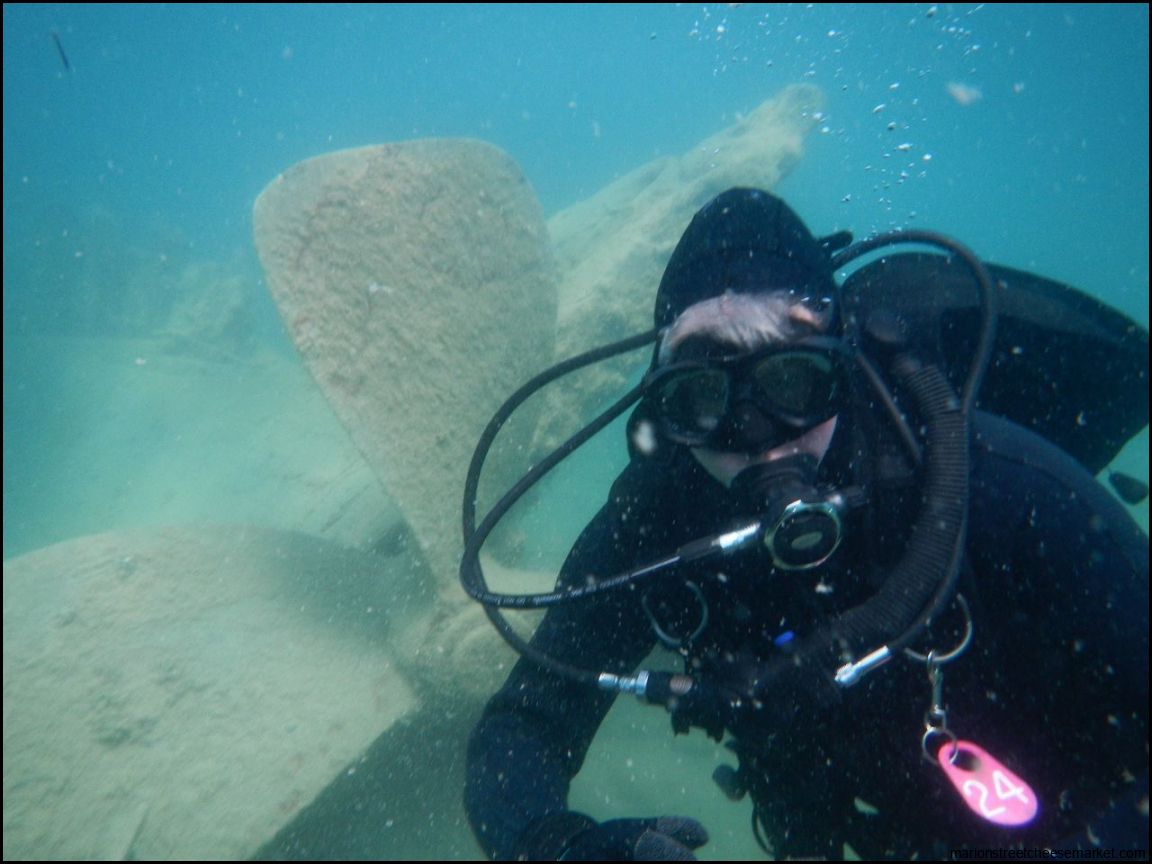Michigan, known for its picturesque landscapes and stunning lakes, offers scuba diving enthusiasts a unique opportunity to explore its underwater wonders. However, before embarking on these thrilling adventures, obtaining scuba certification is crucial. In this article, we will delve into the world of scuba diving in Michigan and shed light on the process of getting certified.
Understanding Scuba Certification:
Scuba certification is a requirement for individuals who wish to engage in recreational scuba diving. It ensures that divers possess the knowledge and skills necessary to dive safely and responsibly. The certification process typically involves a combination of theory classes, pool or confined water training, and open water dives.
1. Theory Classes
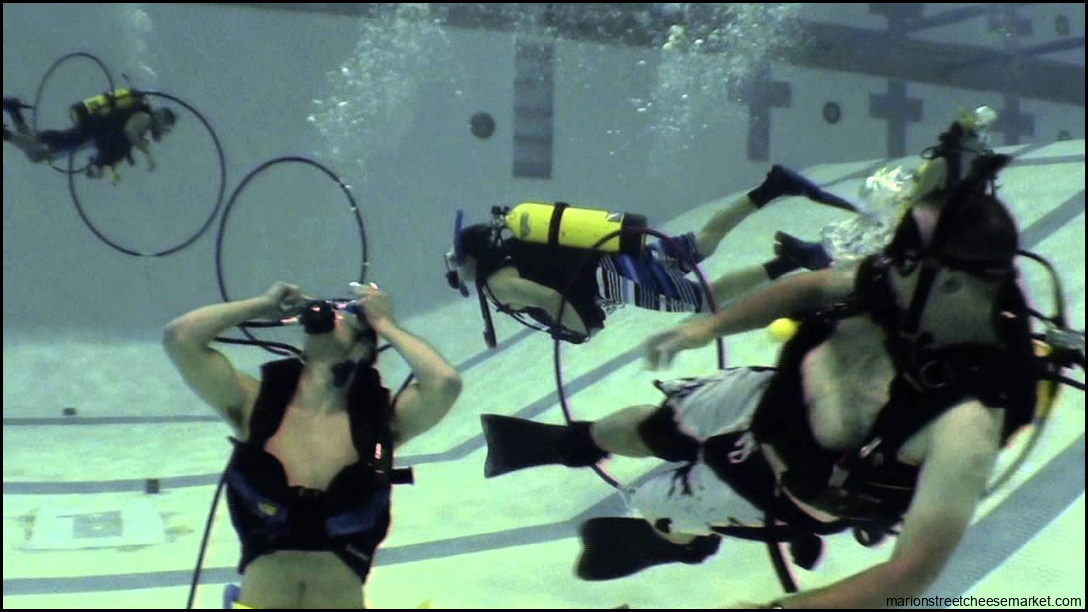
The first step towards obtaining scuba certification is enrolling in theory classes. These classes cover essential topics such as dive physics, physiology, equipment operation, safety protocols, and dive planning. Students learn about decompression sickness, breathing techniques at depth, underwater navigation skills, and emergency procedures.
2. Pool or Confined Water Training
Once the theory portion is completed successfully, students move on to pool or confined water training. Under the guidance of certified instructors, learners practice important skills like setting up equipment correctly, managing buoyancy control underwater, mask clearing techniques, sharing air with a buddy in case of emergencies, and controlled ascents/descents.
3. Open Water Dives
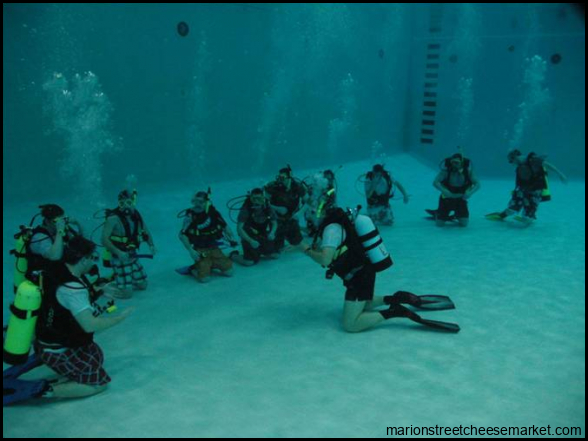
The final phase of scuba certification involves open water dives in natural bodies of water like Michigan’s lakes or other designated sites. During these dives under the supervision of instructors, aspiring divers demonstrate their ability to apply what they’ve learned in real diving situations. They must showcase their competence in various aspects such as navigation skills and maintaining safety protocols while exploring Michigan’s depths.
Benefits of Scuba Certification:
Obtaining scuba certification brings numerous advantages for diving enthusiasts:
1. Safety
Scuba certification ensures you have the necessary knowledge and skills to dive safely, reducing the risks associated with underwater exploration.
2. Access to Dive Sites
Many scuba diving locations in Michigan require proof of certification to ensure divers are adequately prepared for the challenges specific to each site.
3. Improved Confidence
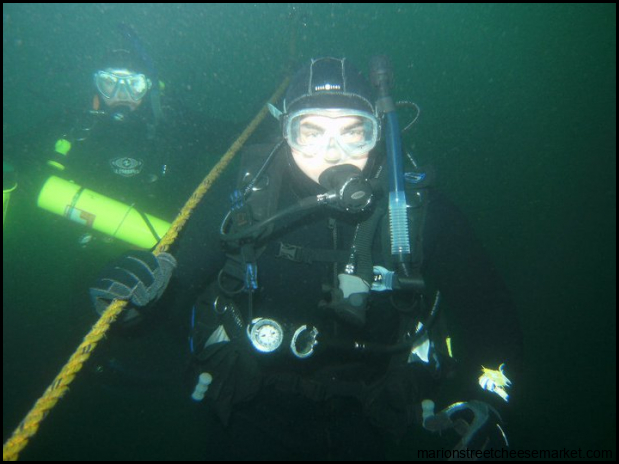
Through the certification process, divers gain confidence and competence in their abilities, enhancing their overall diving experience.
4. Dive Buddy Opportunities
Certification allows you to participate in group dives and opens up opportunities to connect with other certified divers, fostering camaraderie and shared experiences.
5. Environmental Awareness
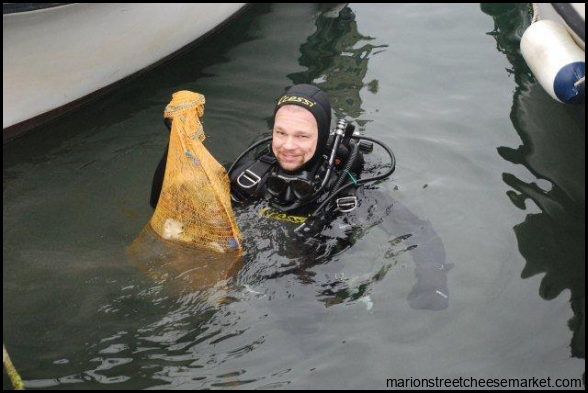
Scuba certification often includes education on marine ecosystems, promoting responsible diving practices and environmental conservation.
Summary:
Scuba certification is an essential step for anyone hoping to explore Michigan’s underwater treasures while ensuring personal safety and environmental conservation. By completing theory classes, pool training, and open water dives, aspiring divers gain the necessary knowledge and skills to dive responsibly. Certification not only enables you to access unique dive sites but also enhances your confidence and opens doors to new diving opportunities. So, if you’re passionate about submerging into Michigan’s depths, take the plunge and embark on your scuba journey!
